Section: Australia
There are more than 60 results, only the first 60 are displayed here.
Become a subscriber for more search results.
-

AUSTRALIA
- Stephen Alomes
- 25 January 2025
With debates around Australia Day continuing to divide, might shifting the national celebration to another day, rooted in resilience and renewal, offer a fresh start? By embracing a new unifying symbol, Australia could move beyond the pain of the past toward a national day that reflects unity, hope, and shared values.
READ MORE
-
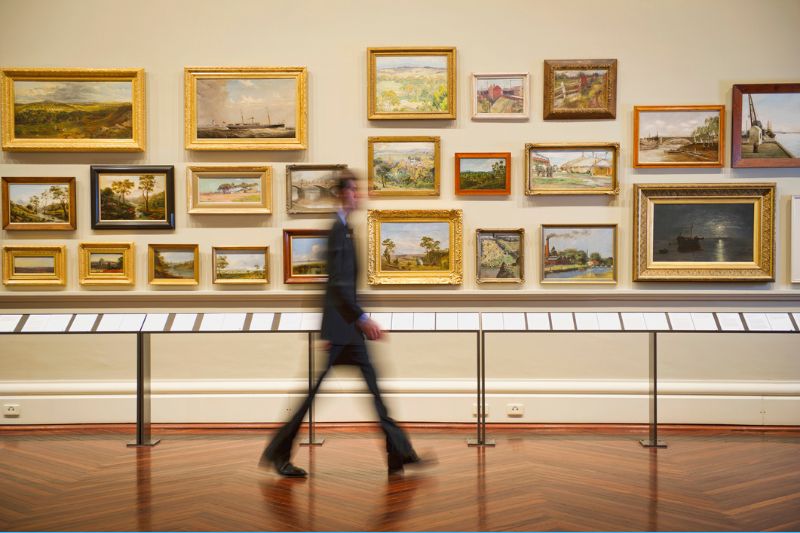
AUSTRALIA
- Andrew Hamilton
- 23 January 2025
Australia's national day remains a divisive symbol, rooted in colonial history. As the country grapples with issues of war, inequality, and climate change, the call for a more inclusive, meaningful celebration grows. How can a national day honour both the complexity of our history and the dignity of all Australians?
READ MORE
-

AUSTRALIA
- Barry Gittins
- 18 December 2024
As airports swell with holiday travellers chasing far-flung reunions and tropical getaways, a paradox looms above the tarmac: while we demand action on climate change, few are ready to ground themselves. Flight represents humanity’s defiance of limits — an act of freedom, wonder, and consequence. Can we balance soaring ambitions with planetary survival?
READ MORE
-
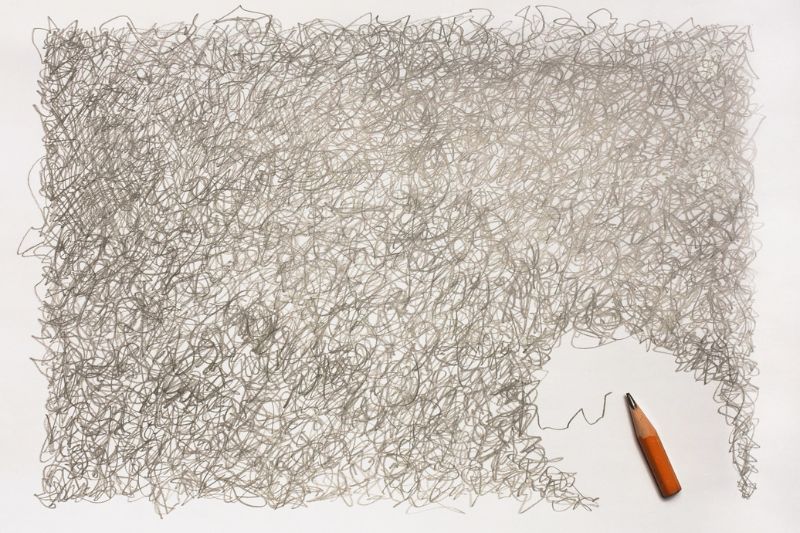
AUSTRALIA
- David Halliday, Michael McVeigh, Laura Kings, Michele Frankeni, Andrew Hamilton
- 18 December 2024
To close the year for Eureka Street, the editorial team are taking a step back to reflect on the character of 2024. What did it demand of us? What did it teach us about ourselves, and the world we inhabit?
READ MORE
-

AUSTRALIA
- Emma Wilkins
- 18 December 2024
Gift-giving should be a celebration of kindness, but modern rituals often entangle us in obligation and excess. From generous neighbours to Christmas present hauls, reciprocal gifts build and shape our relationships. But what does it mean to give without strings?
READ MORE
-
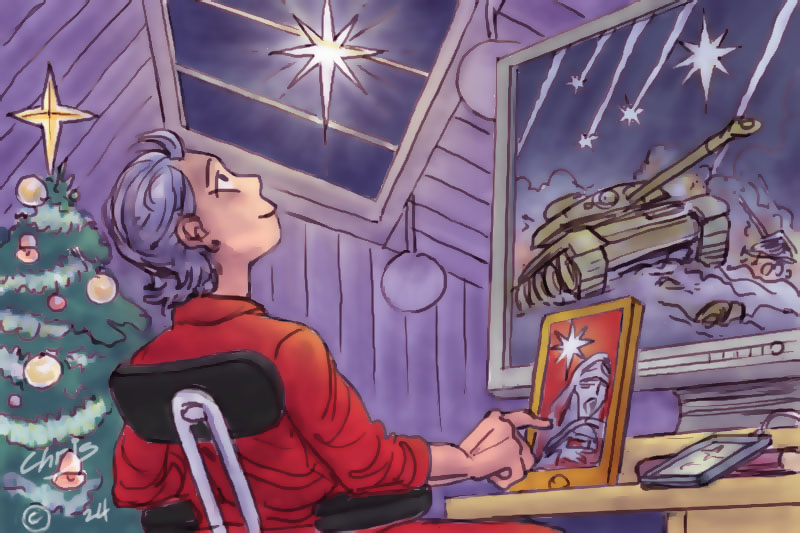
AUSTRALIA
- Andrew Hamilton
- 16 December 2024
At Christmas, the sacred and the secular seem locked together. Amid the tinsel and toasts, there’s a deeper narrative: one of radical generosity, shared humanity, and solidarity with the marginalised. This season invites not just celebration but reflection on who we are—and who we might become.
READ MORE
-

AUSTRALIA
- Claire Heaney
- 13 December 2024
For years, Coles and Woolworths have been accused of squeezing both producers and shoppers in equal measure. With new regulatory changes on the horizon and a web of inquiries underway, the supermarket duopoly finds itself under unprecedented scrutiny. But will these reforms actually lower grocery bills?
READ MORE 
-
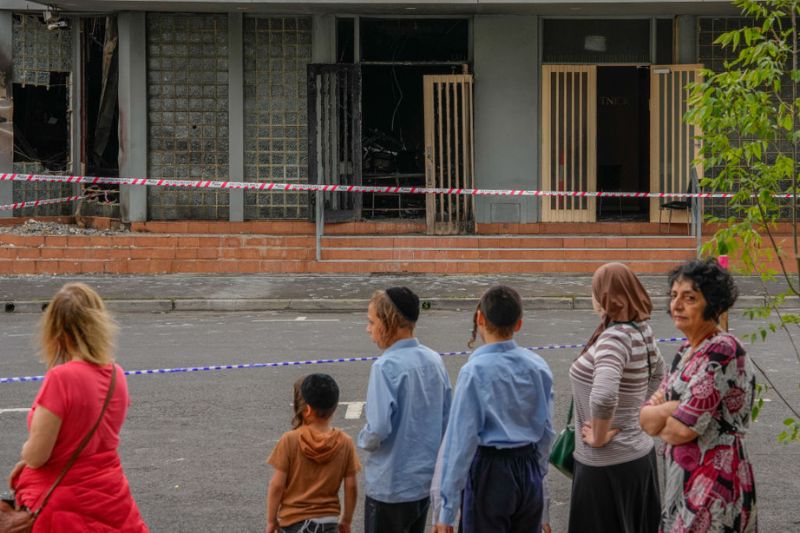
AUSTRALIA
- Andrew Hamilton
- 12 December 2024
The firebombing of Melbourne's Adass Israel Synagogue is a profound tragedy, reflecting the weight of historical hatred and contemporary tensions. Amid global grief and anger, this act of antisemitism compels us to reflect on the shared humanity of all people and the urgent need for peace, understanding, and ethical leadership.
READ MORE
-
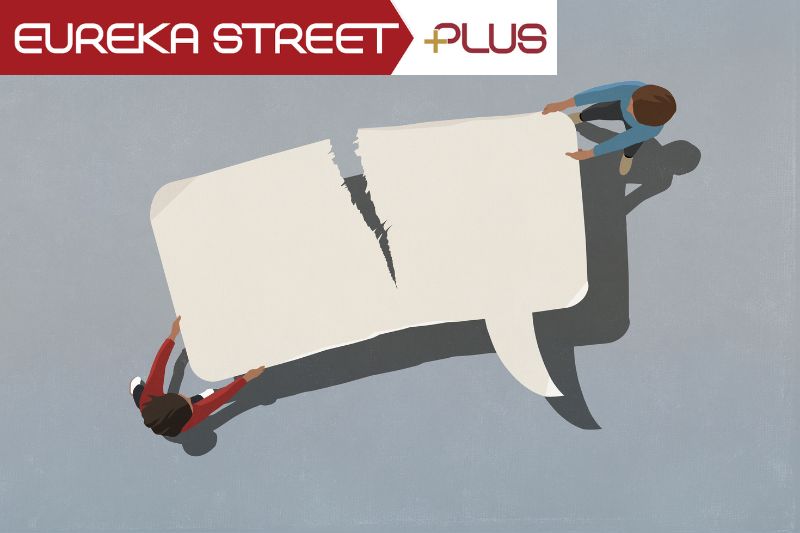
AUSTRALIA
- David Halliday
- 11 December 2024
The global media fracas around a government daring to impose restrictions on children using social media was dramatic, but not unexpected. Reactions were predictably divisive and steeped in the sort of performative outrage that social media tends to encourage.
READ MORE 
-

AUSTRALIA
- Sarah Klenbort
- 10 December 2024
From playground shrugs to a growing male crisis, outdated ideas about masculinity fuel violence, isolation, and despair. Addressing these challenges starts with how we raise boys — teaching compassion, accountability, and the courage to truly connect.
READ MORE
-

AUSTRALIA
- Peter Craven
- 05 December 2024
Tom Hughes, who passed away at 101, was a towering figure in Australia’s legal and political history. A barrister of dazzling skill, an Attorney-General with a penchant for reform, and a man of unshakable conviction, Hughes combined wit, charm, and grit to shape justice and inspire a legacy beyond party lines.
READ MORE
-
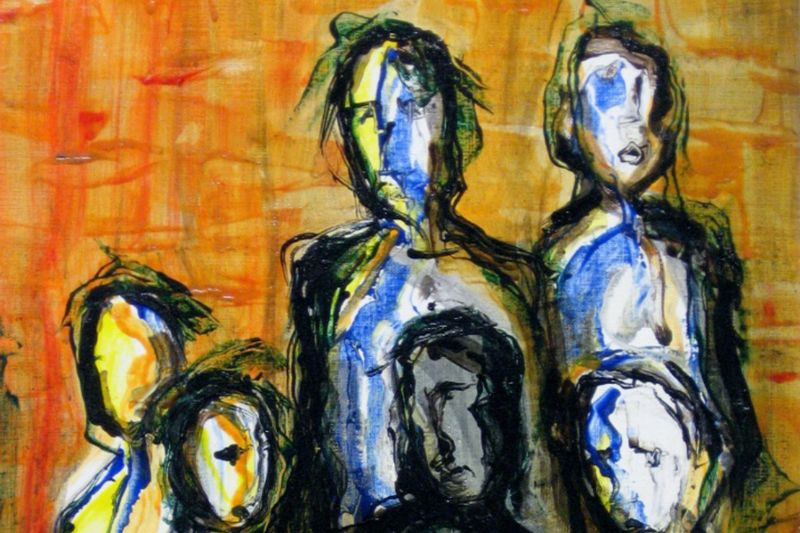
AUSTRALIA
- Andrew Hamilton
- 04 December 2024
Australia’s recent immigration detention laws reveal a stark shift in governance, prioritising power over human dignity. As families face indefinite separation and bureaucrats enforce policies with brutal efficiency, the High Court's rebuke offers a glimmer of ethical resistance. But can such laws truly claim legitimacy in a democratic society?
READ MORE